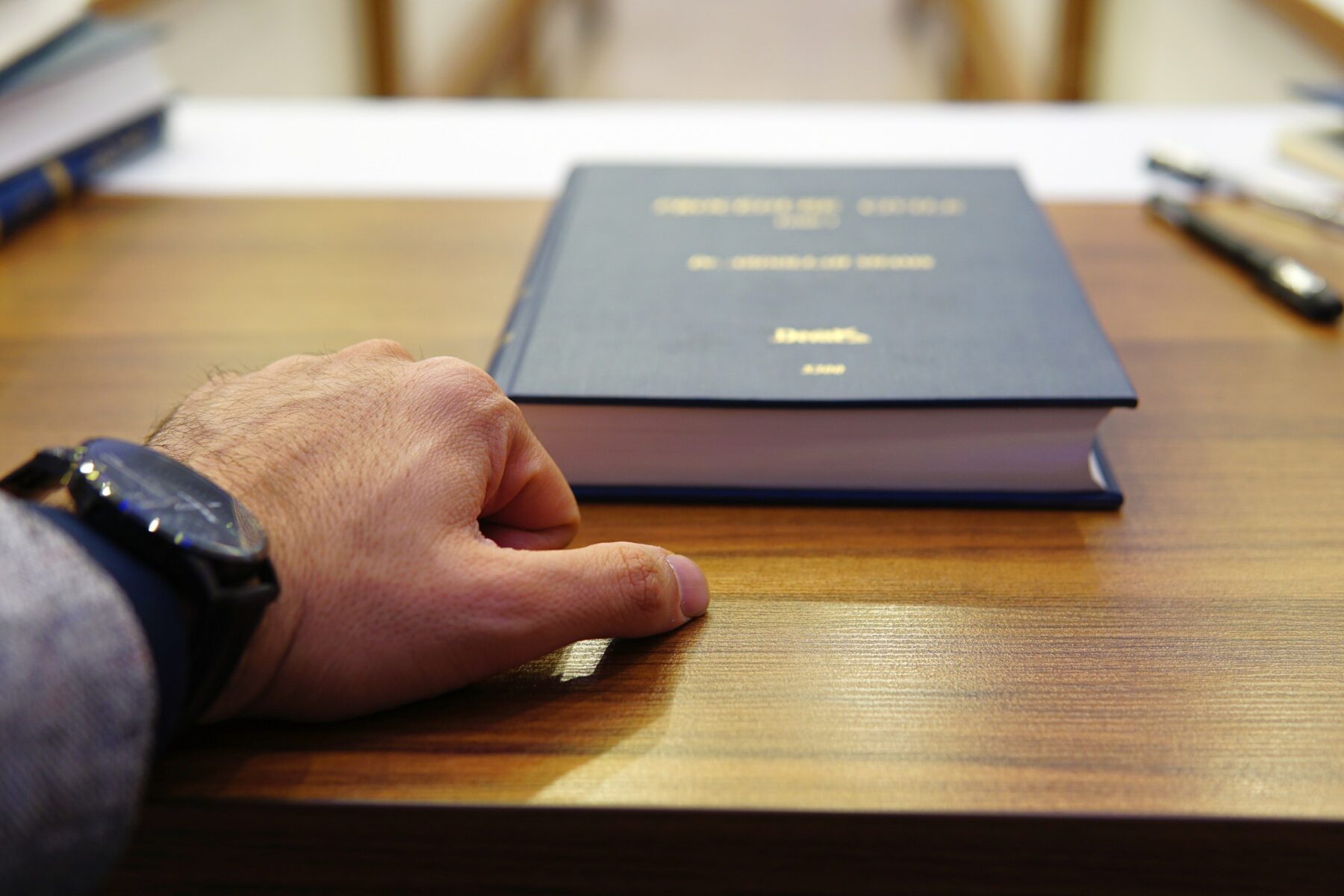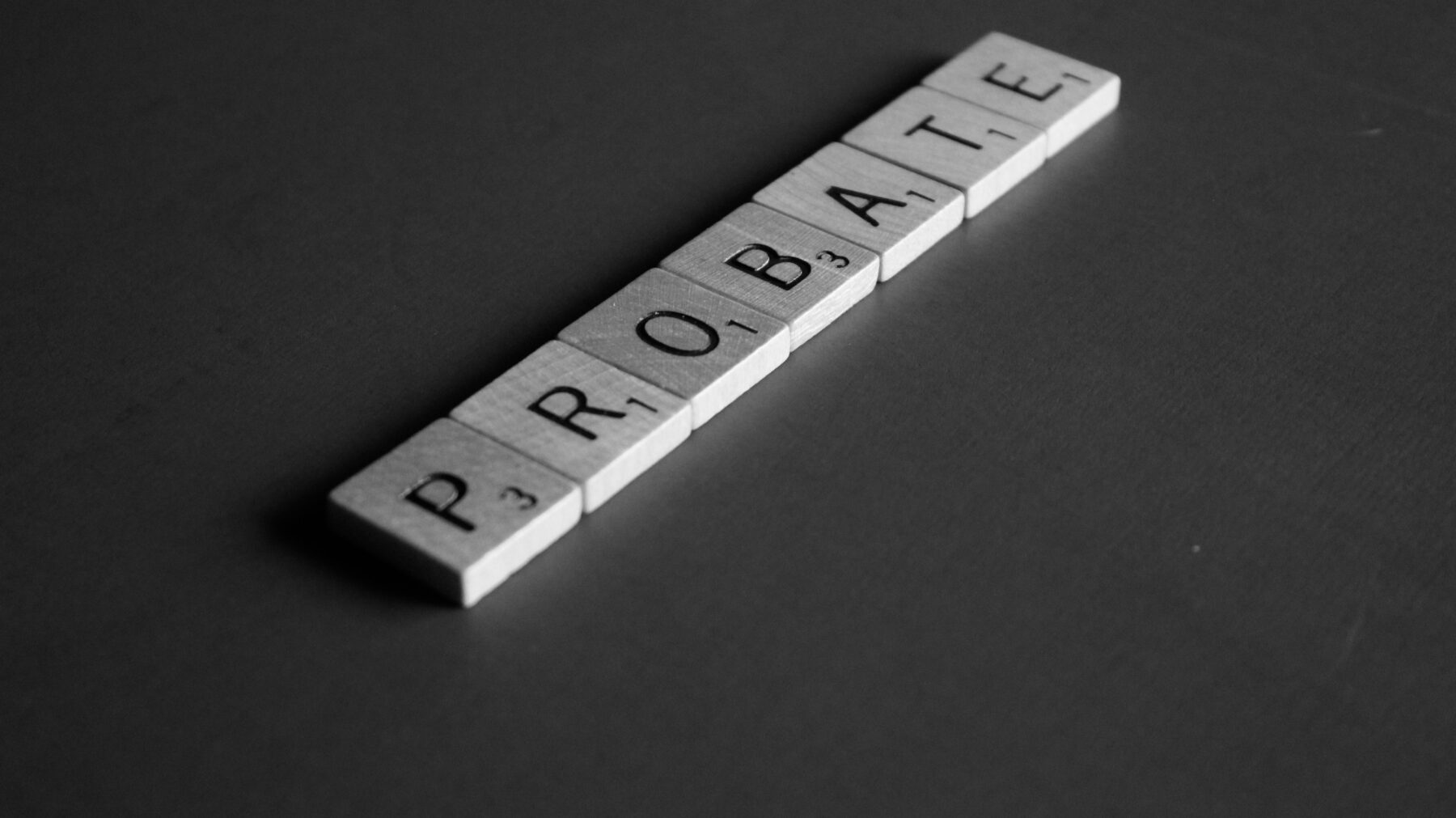When you turn 18 in the UK, you become a legal adult, meaning you can make important decisions about your life, such as where you live, what you study, and how you spend your money. However, many overlook one aspect of adult life: creating a Will.
While it may seem like a task for the elderly or the terminally ill, writing a Will is something every adult should consider. This article will discuss what a Will is and why writing one is crucial as soon as you reach legal age.
What is a Will?
A Will is a legal document stating how you would like your assets and property distributed upon your death and identifies who should be your children’s legal guardian. While having a Will isn’t likely to resolve every issue that may come up after your death, your Will addresses many of those issues.
Reasons to Make a Will While You’re Young
Protect Your Assets
One of the primary reasons you should write a Will as soon as you reach legal age is to protect your assets. Many times, young people believe that they don’t have enough assets to worry about a Will, but that’s not necessarily true.
Your assets may include your bank accounts, investments, property, and personal belongings. Your Will ensures that your assets are distributed per your wishes after your death. Without it, your assets will be distributed according to intestacy laws, which may not align with your wishes.
Provide For Your Loved Ones
Another reason you should create a Will as soon as you reach legal age is to provide for your loved ones. Your loved ones may include your spouse or partner, children, parents, siblings, and other relatives or friends.
A Will allows you to specify who should receive your assets and how much they should receive. You can also include provisions for minor children, such as appointing a guardian to care for them if you pass away before they reach legal age.
Avoid Family Disputes
Creating a Will can help prevent family disputes after your death. As we mentioned, your assets are distributed according to intestacy laws if you die without a Will. This distribution may not reflect your family’s wishes or expectations, which can lead to disagreements and disputes among family members.
These disputes can be costly and time-consuming to resolve. By creating a Will, you can provide clarity and guidance for your loved ones and help prevent family disputes.
Choose an Executor
An executor is responsible for administering your estate after your death. They will pay off debts, taxes, and expenses and distribute your assets according to your wishes. By creating a Will, you can choose an executor you trust who can fulfil their duties. Without a Will, the court will appoint an executor, who may not be your chosen person.
Make Funeral Arrangements
Creating a Will can also help you make funeral arrangements. In your Will, you can specify whether you want to be buried or cremated, where you want to be buried, and what kind of funeral service you want.
You can also provide instructions for your funeral expenses, such as whether you wish to have a simple or elaborate funeral. By including these instructions in your Will, you can help alleviate the burden on your loved ones during a difficult time.
Keep Your Will Up-To-Date
Creating a Will is not a one-time task. Therefore, you should regularly review and update your Will to ensure it reflects your current wishes and circumstances.
You may need to update your Will if you get married or divorced, have children, acquire new assets, or if there are any changes to tax laws or other regulations. By keeping your Will up-to-date, you can ensure that your assets are distributed according to your wishes and provide peace of mind for yourself and your loved ones.
Elizabeth Middleton Solicitors Can Help You Start Planning for the Future
Creating a Will is crucial for every adult, regardless of age or health status. It may be uncomfortable to think about your own mortality, but creating a Will can provide peace of mind for yourself and your loved ones. In addition, it’s never too early to start planning for the future; writing a Will is essential to that process.
When writing a Will, it’s essential to seek professional legal advice. At Elizabeth Middleton Solicitors, we will help ensure your Will is valid, legally binding, and reflects your wishes. We can also help you navigate complex legal issues like inheritance tax, trusts, and guardianship arrangements.
Contact us today for a consultation.











